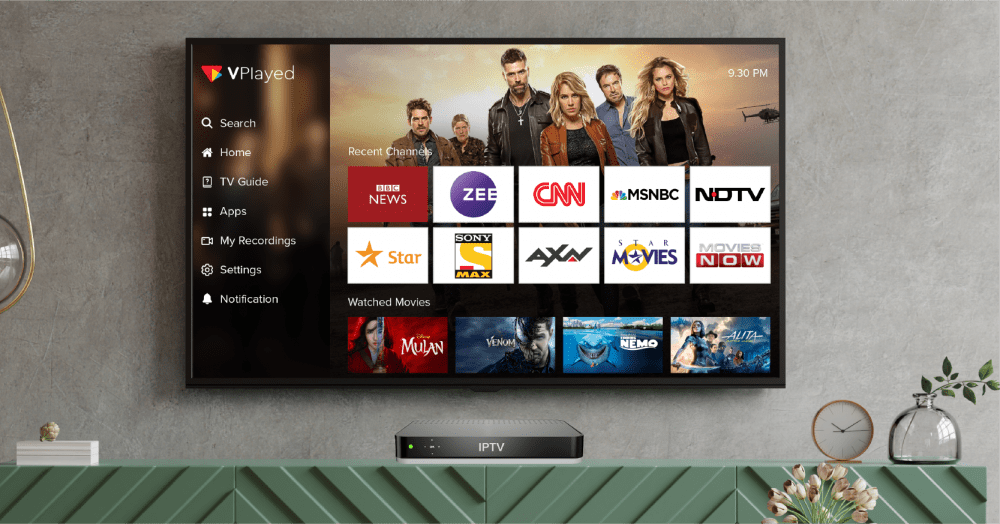Multiple Connections in IPTV Services
The rise of IPTV (Internet Protocol Television) services has transformed the way we consume television content. With the ability to stream TV shows, movies, and sports events over the internet, IPTV has become a popular alternative to traditional cable and satellite TV services. One of the key features that have enhanced the IPTV experience is multiple connections, which allows users to connect multiple devices to a single subscription. In this blog, we’ll explore the technical considerations of multiple connections in IPTV services.
Bandwidth Requirements
One of the key technical considerations of multiple connections in IPTV services is bandwidth requirements. Streaming high-quality video content requires significant bandwidth, and this requirement increases with multiple connections. As such, IPTV services must ensure that their infrastructure can support multiple simultaneous connections, without affecting the quality of the video or causing buffering issues. Providers must also ensure that they have sufficient bandwidth to support peak usage times.
Content Delivery Network
A Content Delivery Network (CDN) is a network of servers that are used to distribute content to users. In IPTV services, CDN plays a critical role in delivering high-quality video content to multiple devices simultaneously. When a user requests a video, the CDN will select the server that is closest to the user and deliver the content from that server. This helps to reduce latency, improve video quality, and ensure that users can stream content without interruption.
Scalability
Scalability is another critical technical consideration of multiple connections in IPTV services. As the number of users and devices increases, the IPTV service must be able to scale its infrastructure to meet the growing demand. This includes increasing bandwidth, adding servers to the CDN, and upgrading hardware and software. Providers must also ensure that their infrastructure can handle peak usage times, such as during popular sporting events or season finales.
Network Security
Network security is essential for any online service, and IPTV services are no exception. With multiple connections, there is an increased risk of unauthorized access, hacking, and malware attacks. Providers must implement robust security measures to protect their infrastructure and user data. This includes using encryption, firewalls, and other security protocols to prevent unauthorized access and mitigate the risk of cyber attacks.
User Management
Finally, IPTV services must also consider user management when offering multiple connections. Providers must ensure that they have the tools and systems in place to manage user accounts, subscriptions, and preferences. This includes allowing users to manage their own devices and subscriptions, and providing customer support to resolve any issues that arise.
Final Thoughts
Multiple connections have become an essential feature of IPTV services, providing users with greater flexibility and convenience. However, providers must also consider the technical implications of multiple connections, including bandwidth requirements, CDN, scalability, network security, and user management. By addressing these considerations, IPTV services can ensure that they provide a high-quality streaming experience to their users, regardless of the number of connections or devices.





